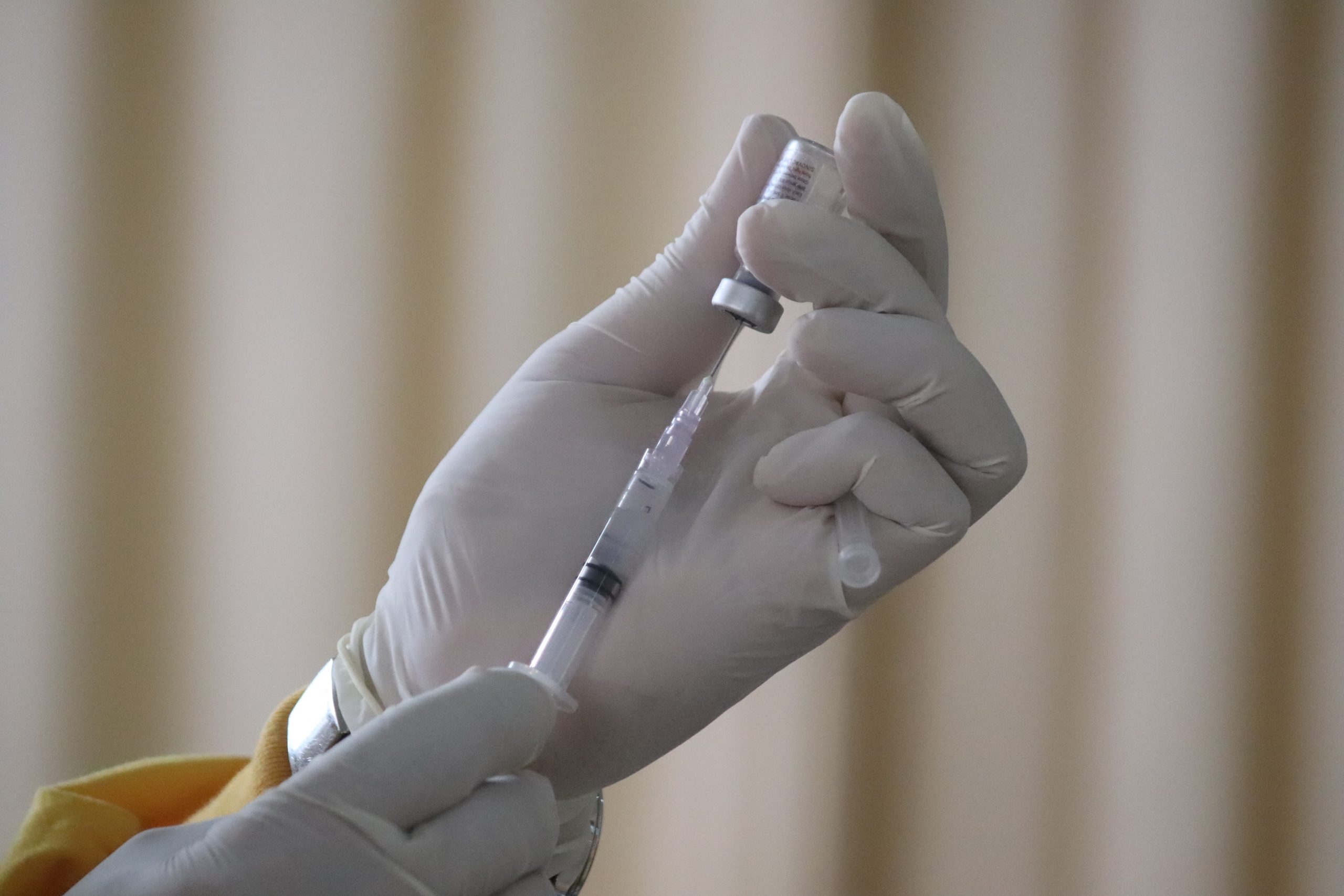Celebratory Shots? Dangers of drinking before/after your COVID-19 vaccine discussed by medical expert
The experts at Laguna Treatment have provided advice on the dangers of drinking alcohol before or after receiving the vaccine as well as before or after blood donation procedures. Chronic heavy alcohol use is associated with various types of immune system suppressions. Though it might be tough to gauge how much a single drinking episode would affect the vaccination, drinking in general just before or after your jab is better avoided.
Is it advisable to not drink alcohol the night before receiving a vaccine?
Though it might be difficult to judge the effects of a single night out, it’s advisable not to. In addition to the potential for a blunted immune response, the aftereffects of a night of drinking can take their toll—making it less likely that you make it to the vaccination appointment at all, as well as potentially worsening some of the vaccine side effects, should you experience them.
Can alcohol exacerbate the potential side effects of vaccines?
Both the acute effects of alcohol intoxication as well as the hangover one might experience afterwards can compound some of the side effects associated with the COVID vaccine, such as increased heart rate, headache, gastrointestinal upset and body aches.
What are the dangers of going straight from your vaccine appointment to celebrate by drinking at a bar?
People receiving the COVID-19 vaccine are advised to take it easy in the hours to days after the shot to minimize the severity of potential withdrawal symptoms, and to mount as full of response to the vaccine possible. Celebrating with a drink goes against this advice, and could lead to fatigue, dehydration, injury, etc.
What about donating blood – can you be denied the ability to donate blood if you have been drinking?
Absolutely. Just as some medications may disqualify someone from donor eligibility, active alcohol intoxication may as well.
How long after a blood donation can you drink alcohol?
Donor centers commonly advise for healthy meals and increased water intake to best maintain fluid balance and nutritional status. People may also be advised to avoid strenuous activity in addition to following the food/liquid guidelines for at least 24 hours after a donation. Alcohol should not be consumed in the meantime to allow for adequate rehydration and avoidance of any side effects such as faintness or dizziness.

